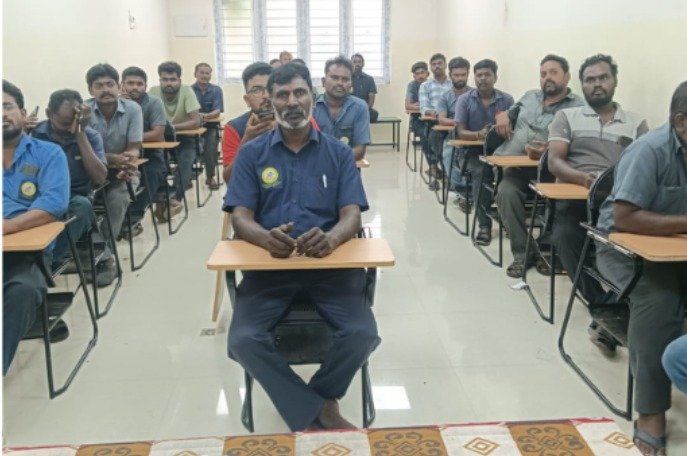US Immigration Raid on South Korean Workers Sparks Fears for Economic Ties and Investments
A recent US immigration raid in Georgia has left South Korean businesses reeling, raising big questions about foreign investment in America. The dramatic bust targeted workers building an electric vehicle (EV) battery plant, and experts warn it could create lasting damage to the strong US-South Korea alliance.
Last week, US officials swooped in on a construction site for a $4.3 billion joint project between Hyundai Motor Group and LG Energy Solution. They arrested around 475 people, including about 300 South Koreans, for alleged illegal work practices. These workers, many on temporary visas, now face deportation. Reports say they’ll head home on a special Korean Air flight from Atlanta this Friday.
The timing couldn’t be worse. This raid happened just 10 days after a high-profile summit between South Korean President Lee Jae Myung and US President Donald Trump. Industry watchers call it a shocking move against a key ally, one that feels like a slap in the face. "This wasn’t just about grabbing 300 people—it was an insult," says Kim Pil-soo, an automotive engineering professor at Daelim University. He believes it will make South Korean companies think twice about pouring money into the US.
South Korea has big plans for the US market, including a massive $350 billion investment package from a July trade deal. But now, firms like Hyundai are on edge. The raid could delay or rethink these projects, especially the EV battery plant set to finish next year. That facility ties directly into Hyundai’s new Metaplant America (HMGMA) in Georgia, which started making EVs last October. Any hiccups here might mess up production and force a shake-up in Hyundai’s US-focused EV strategy.
Experts like Kwon Yong-joo from Seoul’s Kookmin University agree. "This will hit the Korean auto industry hard," he says. He suggests companies diversify by pushing harder into Europe and ramping up gasoline-hybrid models in US plants to dodge risks.
At the heart of the mess are visa headaches. Many South Korean firms bring in their own workers and subcontractors for key tasks like installing equipment or training staff. They often use B-1 business visas, which the US State Department allows for things like machinery setup and on-site training—but not full-time construction or production work.
Confusion exploded when some B-1 visa holders got caught in the raid. "Entering on ESTA and working is illegal, but B-1 permits installation and training," explains an industry insider. "Including them in this bust has everyone scratching their heads." South Korea’s business leaders are now pushing their government for clearer US visa rules. At a recent trade ministry roundtable, big companies demanded guarantees that B-1 holders won’t face raids for legit duties.
Tough visa quotas and delays have long frustrated Korean firms relying on skilled pros for US projects. Still, don’t expect a mass pullout just yet. High tariffs under the Trump administration make local production a must to sell in the US. "You can’t avoid making stuff there if you want to compete," says Kim Tae-nyen, head of Mirae Mobility Research and Services. "Following US laws is non-negotiable."
The incident also casts a shadow over Seoul’s "Make American Shipbuilding Great Again" (MASGA) push to boost US shipyards. Without better protections, like special programs for allies, investments could stall. As South Korean companies weigh their next moves, this raid highlights the growing uncertainties in US-South Korea economic ties—and what it means for global EV and auto investments.
Stay informed on all the latest news, real-time breaking news updates, and follow all the important headlines in world News on Latest NewsX. Follow us on social media Facebook, Twitter(X), Gettr and subscribe our Youtube Channel.



